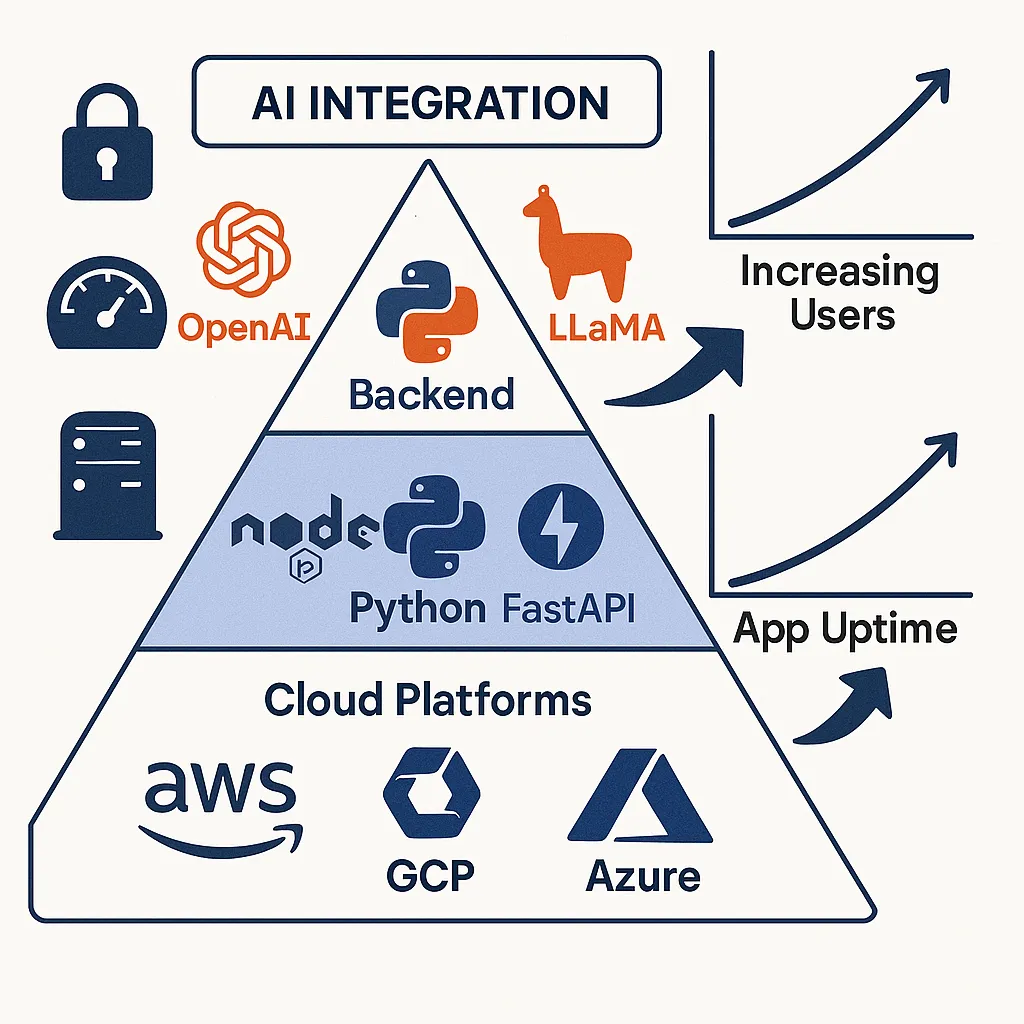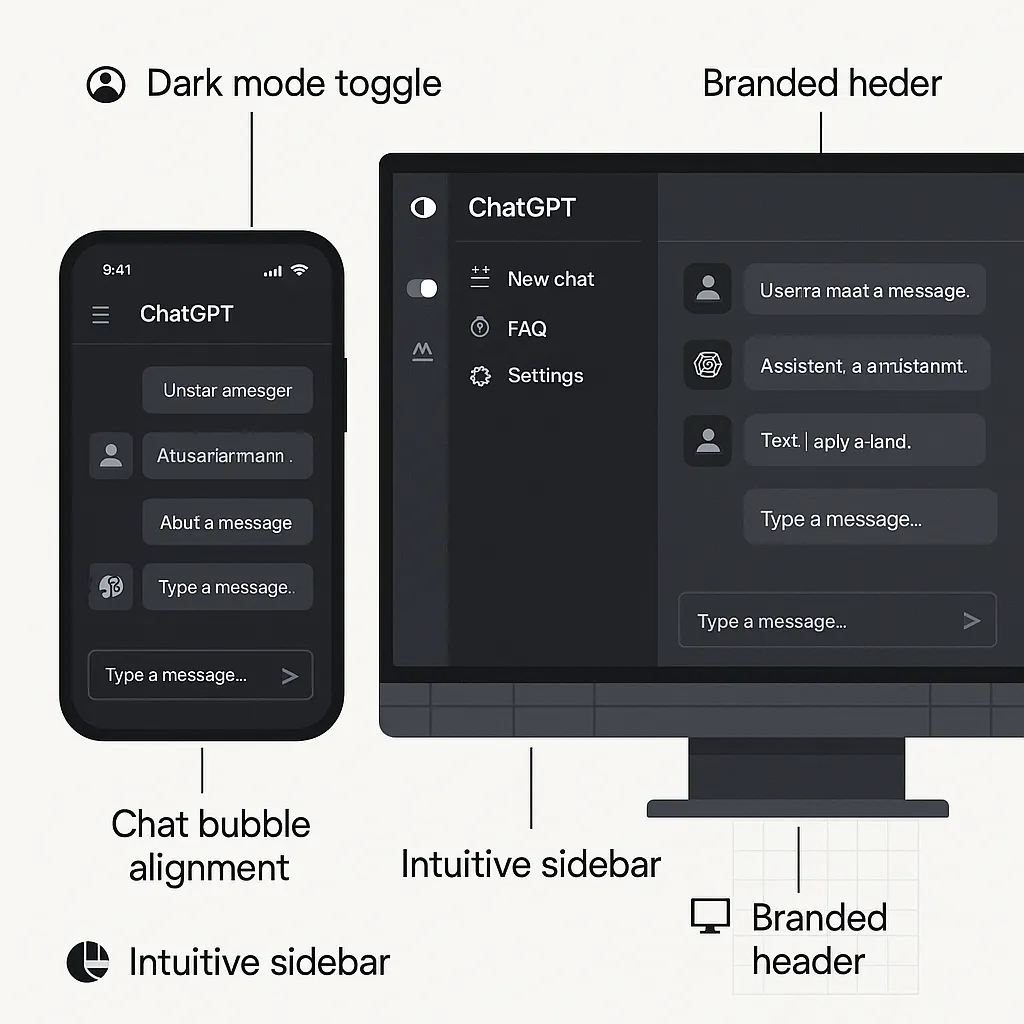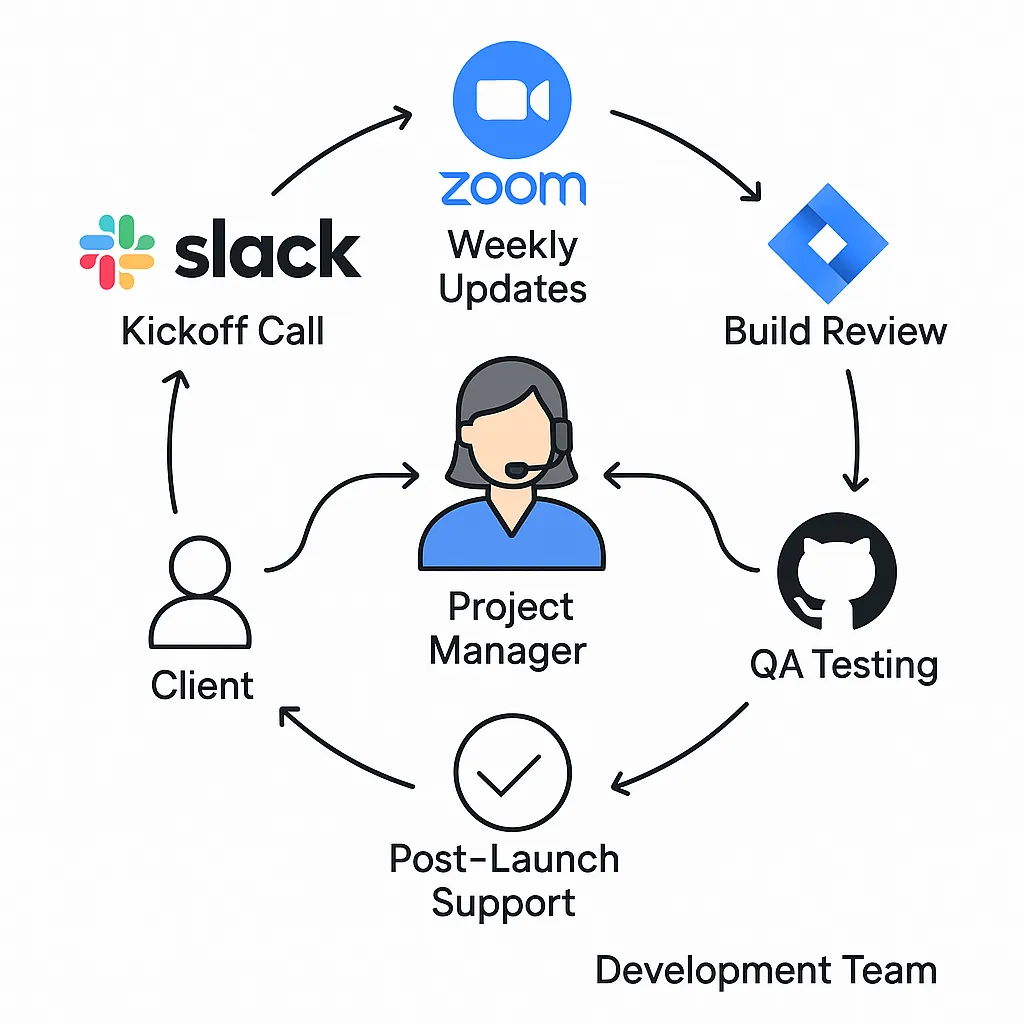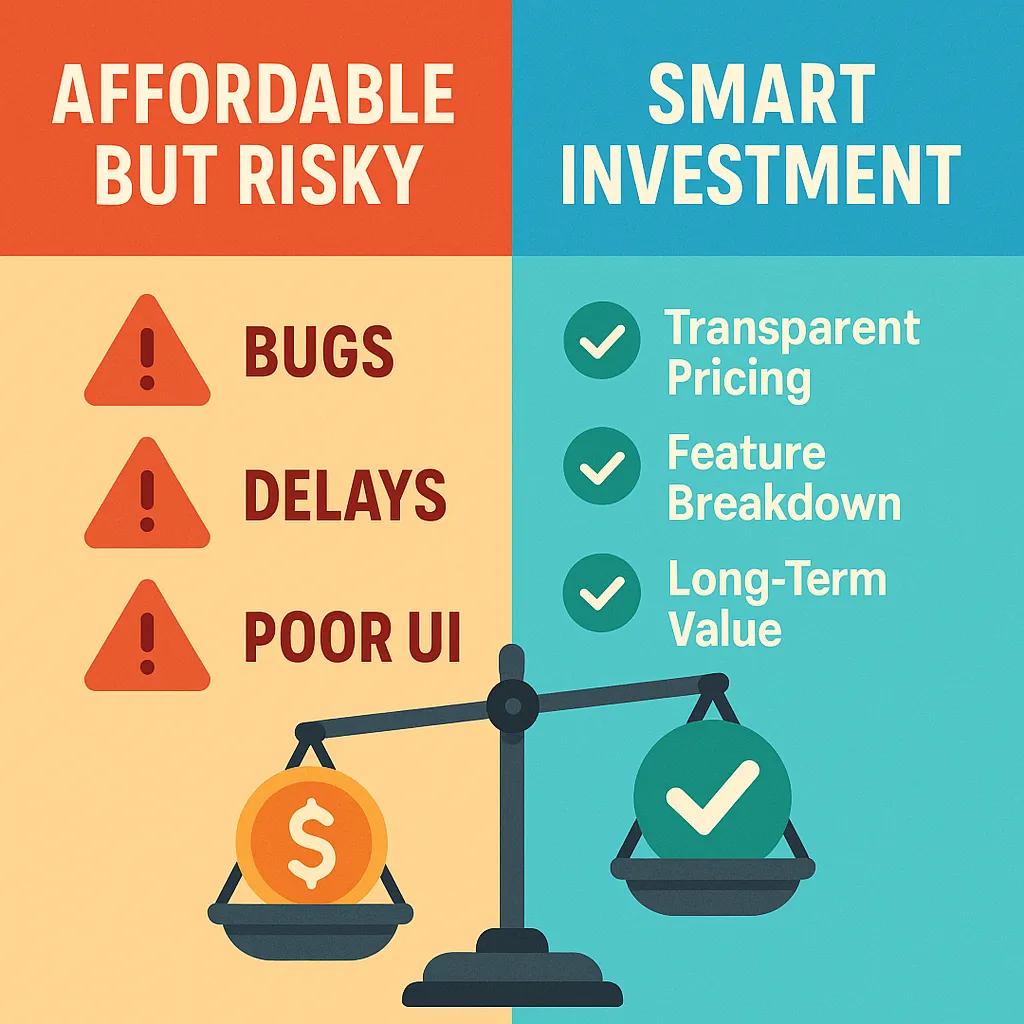How to Hire the Best ChatGPT Clone Developer
Create a powerful, customizable streaming solution with Miracuves’ ChatGPT Clone, equipped with high-performance features and next-gen technology.
You’ve got the vision a smart AI-powered assistant platform modeled after ChatGPT, tailored to your niche, and full of monetization potential. But here’s the real challenge: who’s going to build it right?
Hiring a ChatGPT clone developer isn’t just about finding someone who knows how to write code. It’s about partnering with a team that understands conversational AI, handles data securely, and can bring your product to life with reliability and scale in mind.
In this guide, we’ll break down exactly what to look for when hiring the best ChatGPT clone developer. Whether you’re building for customer support, internal tools, or a consumer-facing AI assistant, this checklist will help you choose a team that delivers.
Look for Domain Expertise
AI apps aren’t static they evolve, grow, and (if successful) face massive traffic surges. Here’s how to ensure your dev partner is ready:
Modern Architecture: Are they using scalable cloud infrastructure like AWS, Azure, or GCP? Is the backend built on Node.js, Python (FastAPI, Flask), or something robust?
Model Integration Flexibility: Can the app be hooked to OpenAI, Anthropic, Mistral, or open-source LLMs like GPT-J or LLaMA?
APIs & Extensibility: Does their system allow easy plugin of third-party tools, CRMs, or analytics dashboards?
Database & Caching: Look for efficient database handling (MongoDB, PostgreSQL) with Redis or other caching strategies to keep things snappy.
A future-ready backend and clean architecture make it easier to scale features, serve more users, and maintain performance.
Tech Stack & Scalability
Even with powerful AI under the hood, users won’t stick around if the interface is clunky. A polished, intuitive, and accessible design is essential.
Conversational Design Expertise: Do they understand how to guide user flows in a natural way? This matters in AI interfaces.
Custom Branding: You don’t want a cookie-cutter interface. Check if you can tweak colors, logos, avatars, and interaction styles to suit your brand.
Dark Mode, Mobile Responsiveness, Accessibility: The best clones are sleek, adaptable, and inclusive.
Multi-role UI: Does the app support admin views, user roles, moderation tools, or analytics dashboards?
Design is the bridge between users and your AI. Make sure it’s strong.


UI/UX Capabilities
The development process is a journey and poor communication can derail even the best ideas. You want a developer who’s collaborative, transparent, and proactive.
Agile Methods: Are they using weekly sprints, Kanban boards, or tools like Jira or Trello to track progress?
Direct Access: Will you be talking directly to the dev team or just an account manager?
Build Reviews & Demos: Can you see working versions every 1–2 weeks?
Aftercare: Post-launch support is vital look for bug fixing, uptime monitoring, and version upgrades.
Choose a team that treats you like a partner, not a one-off client.
Communication & Workflow
Hiring a development company isn’t a transaction it’s a relationship. That means smooth communication and solid processes are non-negotiable.
Ask about:
- Project tracking tools: Do they use Jira, Trello, or ClickUp? You should always know what’s happening.
- Direct contact: You need regular access to the project lead — not just a sales manager.
- Weekly updates: Look for a process that includes frequent demos, sprints, and reviews.
- Post-launch support: Will they help with bug fixes, new features, or server issues after going live?
A reliable team keeps you in the loop from onboarding through launch and beyond.


Pricing Models & Quality
Cheap development often ends up being expensive in the long run. Your focus should be on value, not just price.
Transparent Quotes: Ask for detailed breakdowns of features, hours, and delivery timelines.
Compare Inclusions: Some teams bundle design, AI model integration, and deployment — others don’t. Know what you’re paying for.
Beware of “Quick Build” Promises: Quality conversational apps take time. If it sounds too fast or too cheap, it’s probably a shallow MVP.
Total Cost of Ownership: Consider not just dev costs, but also hosting, LLM API usage, support, and future upgrades.
A well-planned budget ensures your ChatGPT clone is stable, scalable, and set for long-term success
Choose the Right Development Partner
Even with a well-defined vision, building a ChatGPT-like AI platform is no small task it takes a development team that understands conversational AI, data privacy, model integration, and real-time responsiveness. Choosing the best ChatGPT clone developement company can help you move faster, stay within budget, and avoid costly mistakes.
Look for a partner that offers:
Proven experience in AI, NLP, and chatbot development
A portfolio featuring scalable, secure, and real-time conversational platforms
End-to-end services — from model integration and UI design to deployment and post-launch support
At Miracuves, we don’t just deliver clones — we build intelligent, brand-ready AI assistant platforms engineered for performance, flexibility, and growth. Let us bring your ChatGPT clone to life while you focus on creating value for your users.
Conclusion
Hiring a clone developer isn’t just about technical skills it’s about finding someone who understands your product’s purpose, can scale with your vision, and delivers a smooth user experience. Focus on real-world experience, modern technology, smart UI/UX, transparent communication, and long-term value. The right partner won’t just build your app they’ll help you shape the future of how your users interact with AI.
Frequently Asked Questions
Look for experience with LLMs, real-time chat systems, secure architectures, and a proven portfolio of AI-powered apps.
Absolutely. The best developers offer full branding control and feature flexibility tailored to your use case.
The cost to build a ChatGPT-style AI chat platform varies based on feature depth, model selection (OpenAI API vs open-source LLMs), hosting infrastructure, and ongoing support needs. Market pricing generally ranges between $5,000 and $50,000+ depending on the complexity and real-time AI capabilities required. However, Miracuves offers a production-ready ChatGPT clone starting at just $3,299, allowing businesses to launch quickly with full ownership and scalable architecture.
Typical development timelines can range from 3–6 weeks for an MVP and 2–3 months for a full-featured AI application, depending on custom workflows and infrastructure. However, with Miracuves’ ready-made ChatGPT clone, the platform can be fully delivered in just 3–9 days, enabling rapid launch without sacrificing scalability or performance.
Not necessarily. You can use alternatives like Claude, Mistral, or even open-source models — depending on your goals and budget.



